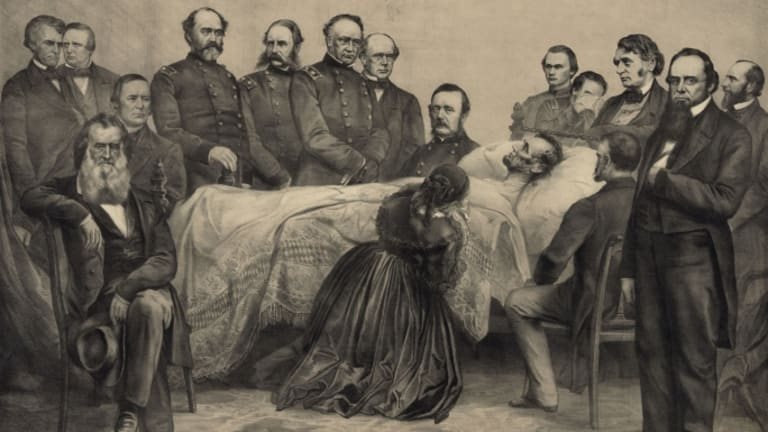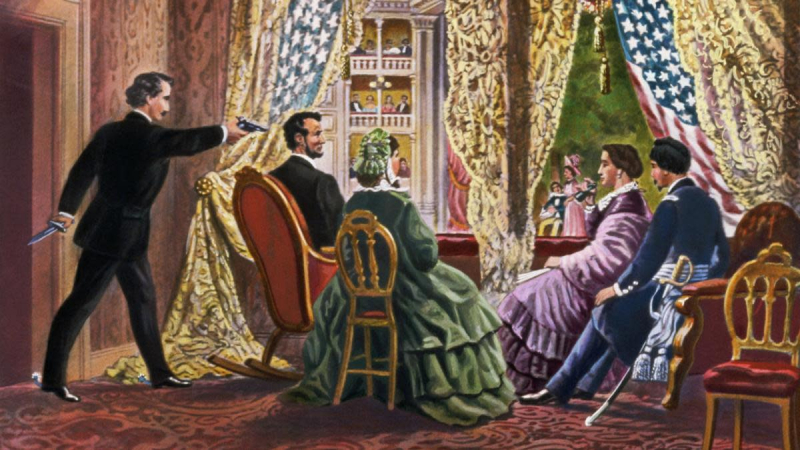She was criticized for openly grieving after the assassination of her husband
It was not surprising that Mary Lincoln was shocked when her husband was killed because she had witnessed the crime. She was ejected from the room where her husband was brought in, so she was unable to say goodbye to him. She started crying since she was unable to control her sentiments and emotions. One of the things upper-class ladies were not expected to do was cry or exhibit their feelings in public. The following day, almost everyone was aware of the spectacle she had created in the White House.
Alone in the living room, Mary Todd Lincoln paces. A angry Secretary of War Edwin Stanton expelled Mary from the president's bedside after she started to cry hysterically. She had just witnessed her husband Abraham Lincoln's point-blank murder at the neighboring Ford's Theatre hours earlier. Her husband was passing away close by, but his 23-year-old wife wouldn't be there to witness it.
She may have bipolar disease, which would explain her erratic conduct, or she may have experienced trauma and loneliness in the tumultuous days that followed her husband's murder by actor and Confederate sympathizer John Wilkes Booth. However, Mary's actions at the time were interpreted as proof that she was a bad lady.
The high standards that were held for women in her time had always been difficult for Mary Todd Lincoln to meet. Women, especially famous spouses, were expected to devote their time to the home and refrain from seeking attention or going out in public, but Mary had a talent for publicity and liked the limelight. When her husband was alive, this caused conflict, and it would be terrible after his passing.









